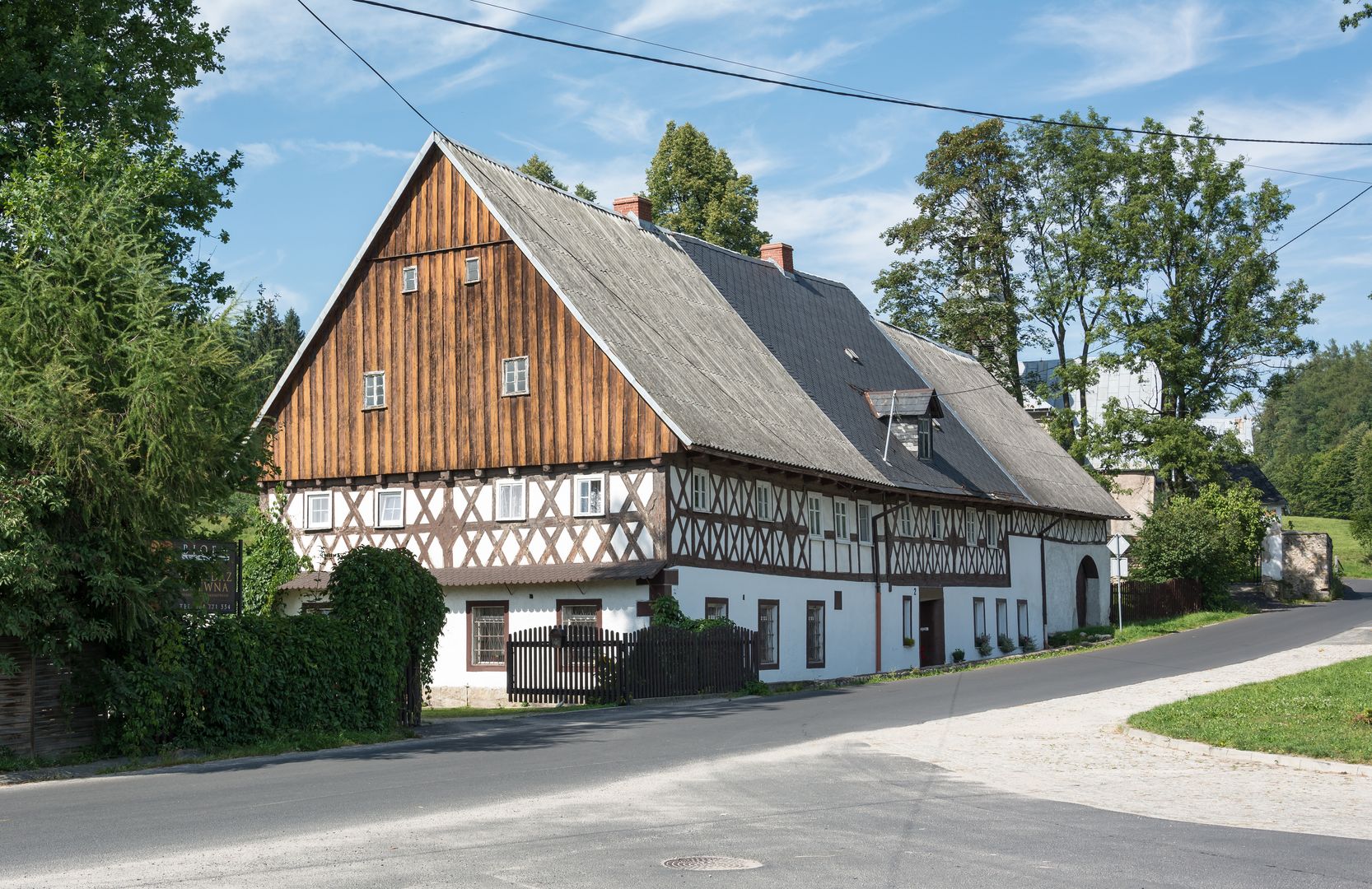Beechwood
7.04

Overview
Bukowiec is a village in the Lower Silesian Voivodeship, within the municipality of Mysłakowice, known for its rich history dating back to at least 1305. Originally, the settlement was under the administration of the von Zedlitz family, and in the 17th century, it witnessed events related to the passage of a unit of Lisowczycy light cavalry. In 1795, Bukowiec was purchased by Friedrich Wilhelm Count von Reden, who, together with his wife Friederike Karoline, undertook a thorough reconstruction of the palace and park, transforming the place into a significant cultural and summer resort for Prussia. The presence of a tea house from 1804, designed as a Doric temple, highlights the architectural richness of the region. After World War II, the village was significantly disfigured and looted, and the palace-park complex fell into disrepair. Currently, a revalorization of the park is underway, aimed at restoring its former values and establishing an Educational and Training Center. Bukowiec was also associated with the Groß-Rosen concentration camp, where Jewish prisoners were held. Among the monuments that have survived to this day are a Gothic church of St. Martin from the 16th century and a second church, originally Evangelical, from the mid-18th century, now under the Roman Catholic parish. The palace complex, including a classicist palace from the second half of the 16th century, the tea house, and the mausoleum of the von Reden family, are the main architectural attractions. Additionally, it is worth mentioning other structures such as barns, 19th-century farm buildings, and an 18th-century park that has been transformed over the centuries. Bukowiec also has its tourist trails, including the Main Sudeten Trail, making it an attractive destination for tourists. An interesting fact is the Kesselburg Castle viewing tower, which is open to visitors, as well as an amphitheater in the form of an artificial ruin, a unique element of the cultural landscape of this region.
Location
2026 Wizytor | All Rights Reserved